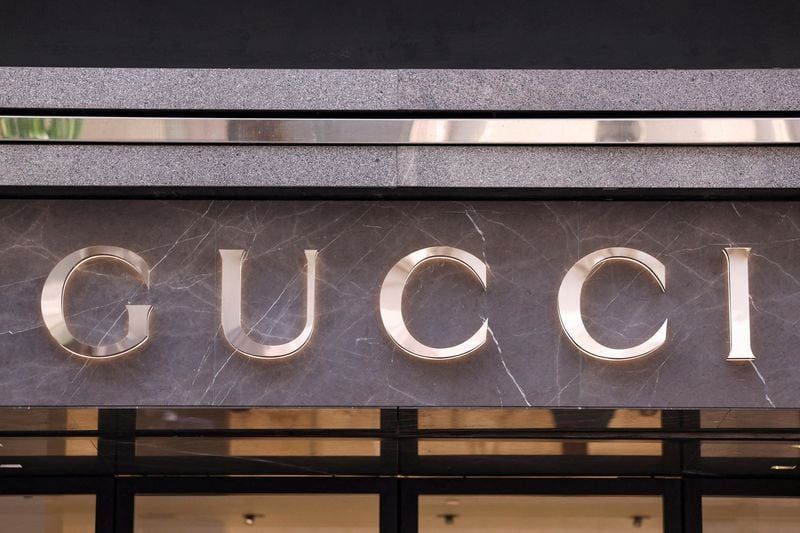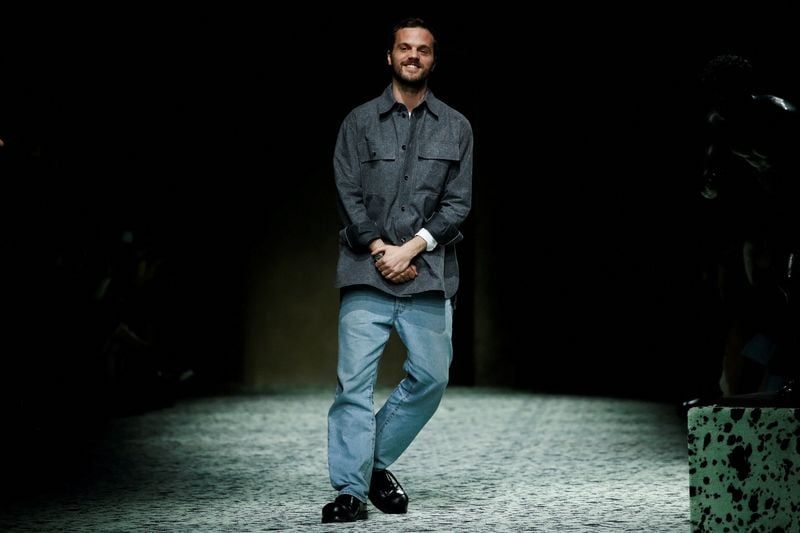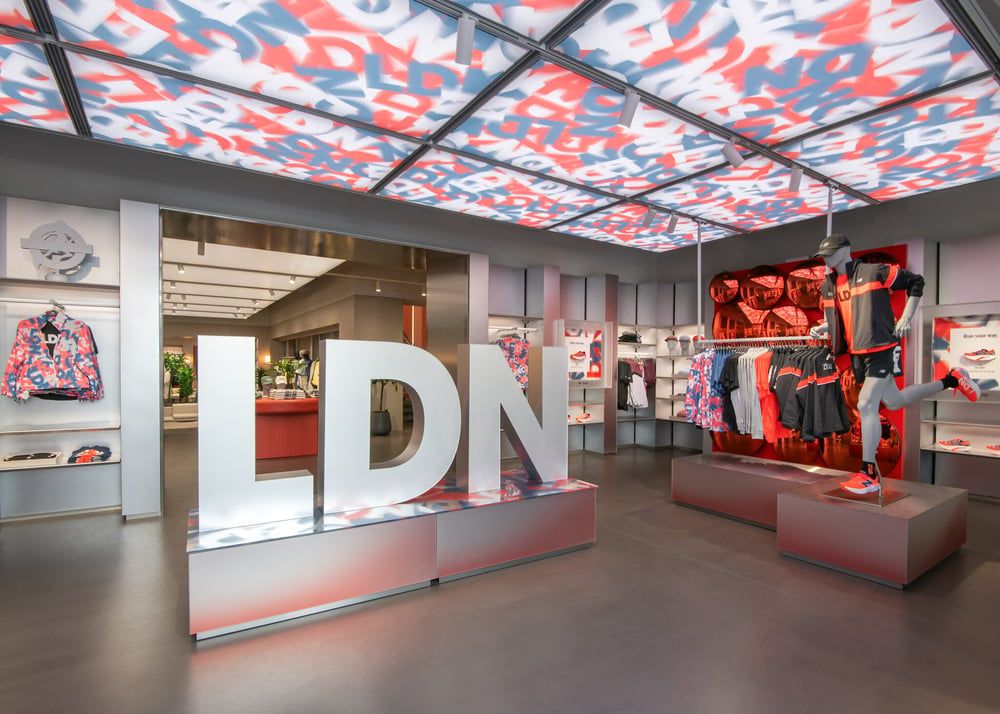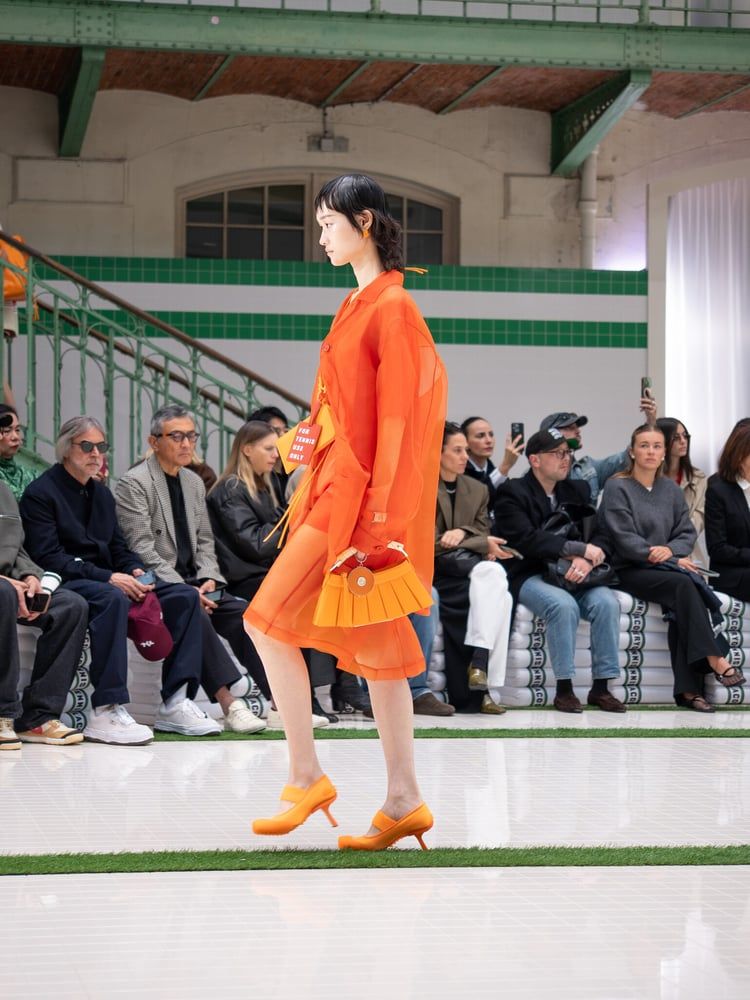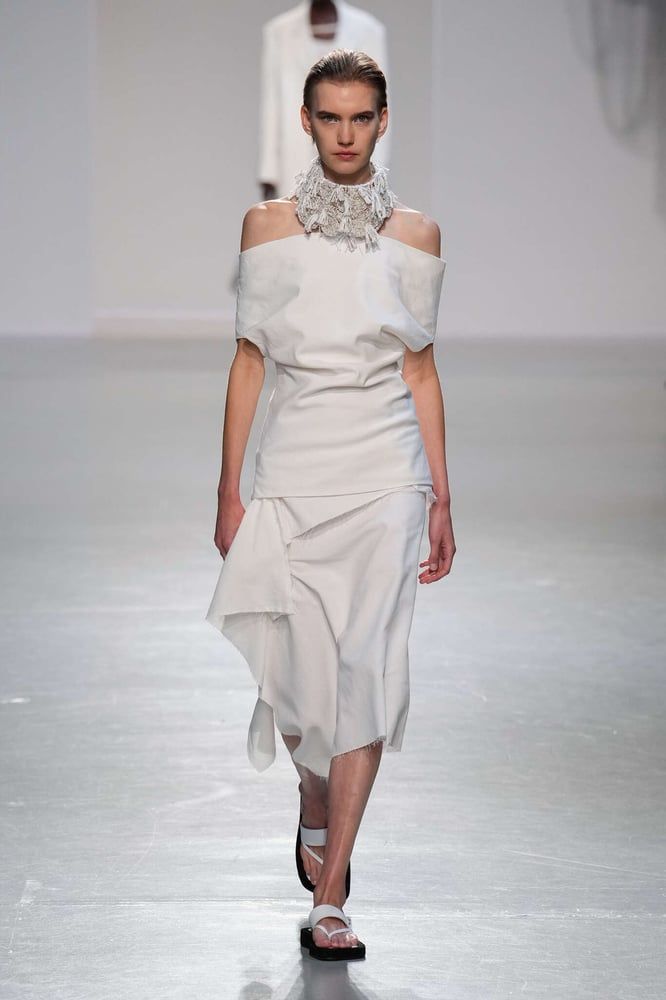De Meo's Kering Surge: Investors Bet Big on a Gucci Comeback
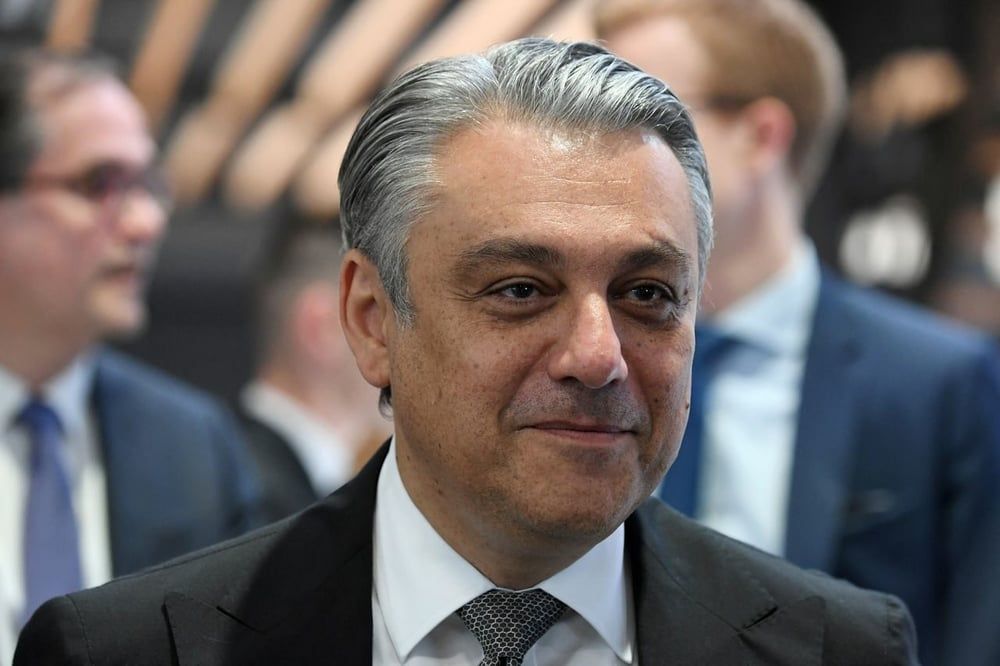
The appointment of Luca De Meo as CEO of Kering SA has sparked a significant surge in the company's stock price, even before he has had the opportunity to implement major changes at its flagship brand, Gucci. Investors have already rewarded him with a 64% increase in shares since news broke in June, with a remarkable 53% gain in the third quarter marking Kering’s largest-ever quarterly advance. Analysts, like John San Marco at Neuberger Berman, believe this is just the beginning, seeing a "very high ceiling" for the shares if De Meo successfully revitalizes Gucci's creative and product offerings. San Marco notes that De Meo has rapidly initiated a leadership overhaul and vowed to cut costs, effectively cleaning up accountability lines.
De Meo's arrival in September marks a crucial moment for Kering, which, under the leadership of François-Henri Pinault, had seen its shares return a mere 3.8% annually over the preceding decade. This performance lagged significantly behind French luxury rivals LVMH Moët Hennessy Louis Vuitton SE and Hermès International SCA, which boasted annual returns of 13% and 21% respectively. A successful turnaround at Gucci would therefore end a prolonged period of frustration for Kering shareholders, who have witnessed considerable volatility at the luxury fashion house.
Gucci, Kering's most significant brand, has endured a tumultuous period over the past three years. This instability includes frequent management and design changes, coinciding with a challenging global market for luxury goods, particularly in China. The brand has seen four CEOs since September 2023 and three designers since Alessandro Michele's departure in November 2022, following a highly successful creative era. Consequently, Gucci has experienced eight consecutive quarters of revenue decline, a trend expected to persist when Kering announces its third-quarter sales on October 22.
Analysts are largely in agreement that it is too soon to see the tangible results of De Meo's strategic shifts. HSBC analysts, including Anne-Laure Bismuth who recently upgraded Kering to a "buy" rating, do not anticipate sales growth for Gucci before the second quarter of next year. They suggest that any lackluster performance in the upcoming quarters will be viewed as a legacy issue from previous management. This perspective allows the new leadership a grace period, providing the market an opportunity to observe the profound changes already implemented in a relatively short timeframe.
However, not all investors share this immediate optimism. Skeptics, such as Flavio Cereda, investment director at GAM UK Ltd., argue that the market has already priced in a potential turnaround. Kering's shares have traded at a higher valuation relative to earnings compared to an industry basket compiled by Goldman Sachs Group Inc. since July, a reversal from being significantly cheaper for over five years. Cereda, who sold his stake in March, believes that a "genuine reversal of trend" is needed to attract long-only funds, a development he doesn't foresee until next spring, when Demna Gvasalia's first catwalk collection for Gucci is unveiled in Milan in February.
The broader analyst community has shown significantly more bearishness towards Kering over the last three years compared to its competitors. Bloomberg data indicates 10 sell ratings, 15 holds, and only seven buys for Kering, with an average target price 20% below the current share price. In contrast, LVMH has just one sell recommendation and Hermès two, with target prices exceeding their current stock values. Despite this, a subtle shift towards optimism is observable, with the recommendation consensus — a proxy for analyst sentiment — ticking higher since De Meo's appointment, though RBC analyst Piral Dadhania cautions against expecting an "overnight fix."
The elevated price-earnings ratio, while a concern for some, is not necessarily an insurmountable obstacle to further gains. This valuation largely reflects a collapse in earnings estimates over the past year. Any upward revisions to these estimates could quickly bring the P/E ratio back to more typical levels. Furthermore, market sentiment is improving, with traders trimming their bearish bets; short interest, as indicated by shares out on loan, has fallen from 21% in May to about 7% of the company’s free float as of a recent Monday.
Ultimately, Kering's journey to revive Gucci and secure its position within the luxury sector will demand patience from investors. Morningstar analyst Jelena Sokolova remains confident in Gucci's long-term prospects, stating, "Gucci should be in a position to regain its pricing and desirability in the long run." Despite the current uncertainties regarding specific catalysts, Sokolova emphasizes that a brand of Gucci's global recognition and scale is highly unlikely to fall permanently out of fashion.





